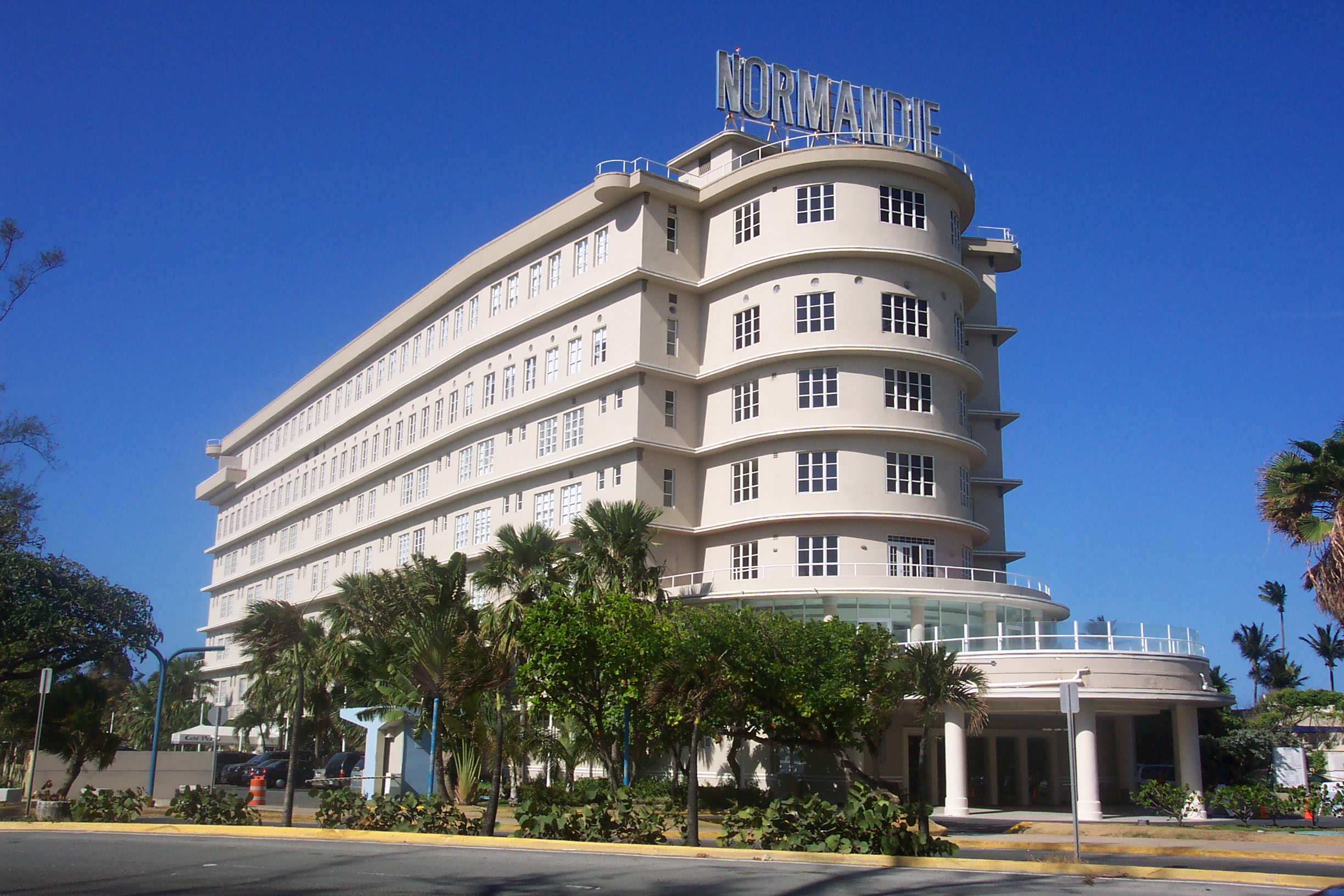How to create a sustainable hotel

|
Contents |
[edit] Introduction
Whether a brand new building full of the latest innovations, or a refurbishment of an existing hotel which must meet rigorous and legally-enforced minimum energy efficiency standards, sustainability continues to force its way up the agenda in the hospitality sector.
But the impact of environmental measures can no longer be viewed in isolation: the way that green building design and fit-out interacts with policy, finance, customer loyalty, staff wellbeing and broader community issues defines good hotel management today.
[edit] Green strategy
Research carried out among European real-estate industry professionals reveals that more than three-quarters of commercial buildings have a sustainability strategy, which is itself increasingly interlinked with business objectives. These include preventing obsolescence, exploiting tax incentives and simply creating a ‘quality building’ which has market appeal. Buildings lacking such a strategy are viewed by many as an investment risk.
In the commercial property world, investment consultants use a number of tools in their scrutiny of green strategies. These include the FTSE EPRA Global Real Estate Index, the European Association for Investors in Non-Listed Real Estate Vehicles (INREV), the Institutional Investors Group on Climate Change and the Global Real Estate Sustainability Benchmark, new EPC legislation and near-zero carbon initiatives.
There is also substantial evidence that hotel chains seeking to attract and retain a new generation of skilled workers regard a sustainable building as an important element in their brand and corporate identity.
[edit] Sustainability initiatives
So, what form do the most effective sustainability initiatives take? Below is a checklist of the simplest measures that hotel owners and operators can use for quick wins.
- Upgrading boilers to more efficient models
- Insulating hot-water cylinders
- Installing a weather compensation system
- Reducing thermostat deadbands to prevent heating and cooling working simultaneously
- Introducing controls such as individual room thermostats or thermostatic radiator valves (TRVs)
- Checking air supply and extract systems are being operated in line with specification and installation details
- Installing heat-recovery units to allow for the transfer of thermal energy
- Using high-performance mechanical systems (including high-efficiency chillers, boilers, and thermal heat recovery from the floors)
- Upgrading insulation to roofs, floors and cavity walls
- Retrofitting external insulation/cladding to solid wall construction
- Addressing draughts
Lighting:
- Changing to LED or CFL technology
- Maximising daylight, where necessary combined with passive solar shading to reduce the need for air conditioning
- Using dimming lighting controls and PIR systems to allow lighting levels to be adjusted according to external daylight
Glazing:
- Replacing single-glazed windows with double or triple glazing
- Introducing motion sensors and adjusting timings on existing sensors
Supply chain:
- Specifying and sourcing sustainable materials
- Using local labour and products
Renewables:
- Introducing solar panels (both photovoltaic and solar thermal), biomass boilers, and air- or ground-source heat pumps
Biophilic design:
- Introducing more nature in the form of green walls and roofs, views of natural landscapes and internal planting
Metering:
- Measuring and monitoring data on energy savings and indoor air quality, and evaluating its effectiveness.
Clearly the skill for hotel owners and operators today is to balance the all-important people-centric features with ongoing energy and resource efficiency through the use of technology and good maintenance practices.
As it is increasingly acknowledged that customer and staff wellbeing is affected by the sustainability of the building in which they operate, sustainability in property is becoming synonymous with quality. And that is good news for both people and the environment.
[edit] About this article
This article was supplied by Trident Building Consultancy, a UK-based firm of surveyors.
--Trident Building Consultancy
[edit] Related articles on Designing Buildings Wiki
- BREEAM Responsible sourcing of materials.
- Circular economy in the built environment.
- Climate change science.
- Community energy network.
- Ecological impact assessment.
- Emission rates.
- Energy.
- Energy certificates.
- Energy Performance Certificates.
- Energy Related Products Regulations.
- Energy targets.
- Environment.
- Environmental impact assessment.
- Green building.
- Mean lean green.
- Passivhaus.
- Reduce, reuse, recycle.
- Sustainable development.
- Sustainable materials.
- Sustainable procurement.
- Zero carbon non-domestic buildings.
Featured articles and news
The UK's Modern Industrial Strategy: A 10 year plan
Previous consultation criticism, current key elements and general support with some persisting reservations.
Building Safety Regulator reforms
New roles, new staff and a new fast track service pave the way for a single construction regulator.
Architectural Technologist CPDs and Communications
CIAT CPD… and how you can do it!
Cooling centres and cool spaces
Managing extreme heat in cities by directing the public to places for heat stress relief and water sources.
Winter gardens: A brief history and warm variations
Extending the season with glass in different forms and terms.
Restoring Great Yarmouth's Winter Gardens
Transforming one of the least sustainable constructions imaginable.
Construction Skills Mission Board launch sector drive
Newly formed government and industry collaboration set strategy for recruiting an additional 100,000 construction workers a year.
New Architects Code comes into effect in September 2025
ARB Architects Code of Conduct and Practice available with ongoing consultation regarding guidance.
Welsh Skills Body (Medr) launches ambitious plan
The new skills body brings together funding and regulation of tertiary education and research for the devolved nation.
Paul Gandy FCIOB announced as next CIOB President
Former Tilbury Douglas CEO takes helm.
UK Infrastructure: A 10 Year Strategy. In brief with reactions
With the National Infrastructure and Service Transformation Authority (NISTA).
Ebenezer Howard: inventor of the garden city. Book review.
The Grenfell Tower fire, eight years on
A time to pause and reflect as Dubai tower block fire reported just before anniversary.
Airtightness Topic Guide BSRIA TG 27/2025
Explaining the basics of airtightness, what it is, why it's important, when it's required and how it's carried out.
Construction contract awards hit lowest point of 2025
Plummeting for second consecutive month, intensifying concerns for housing and infrastructure goals.
Understanding Mental Health in the Built Environment 2025
Examining the state of mental health in construction, shedding light on levels of stress, anxiety and depression.























Comments
A really interesting article, sustainability is becoming front and centre in many people's minds and as you say, hotels don't have it easy, needing to strike the balance between customer satisfaction whilst doing what they can to be environmentally conscious.
I'm sure there are hotels out there doing this really well and can imagine for some customers this would be a big factor in their decision making process of where to stay.